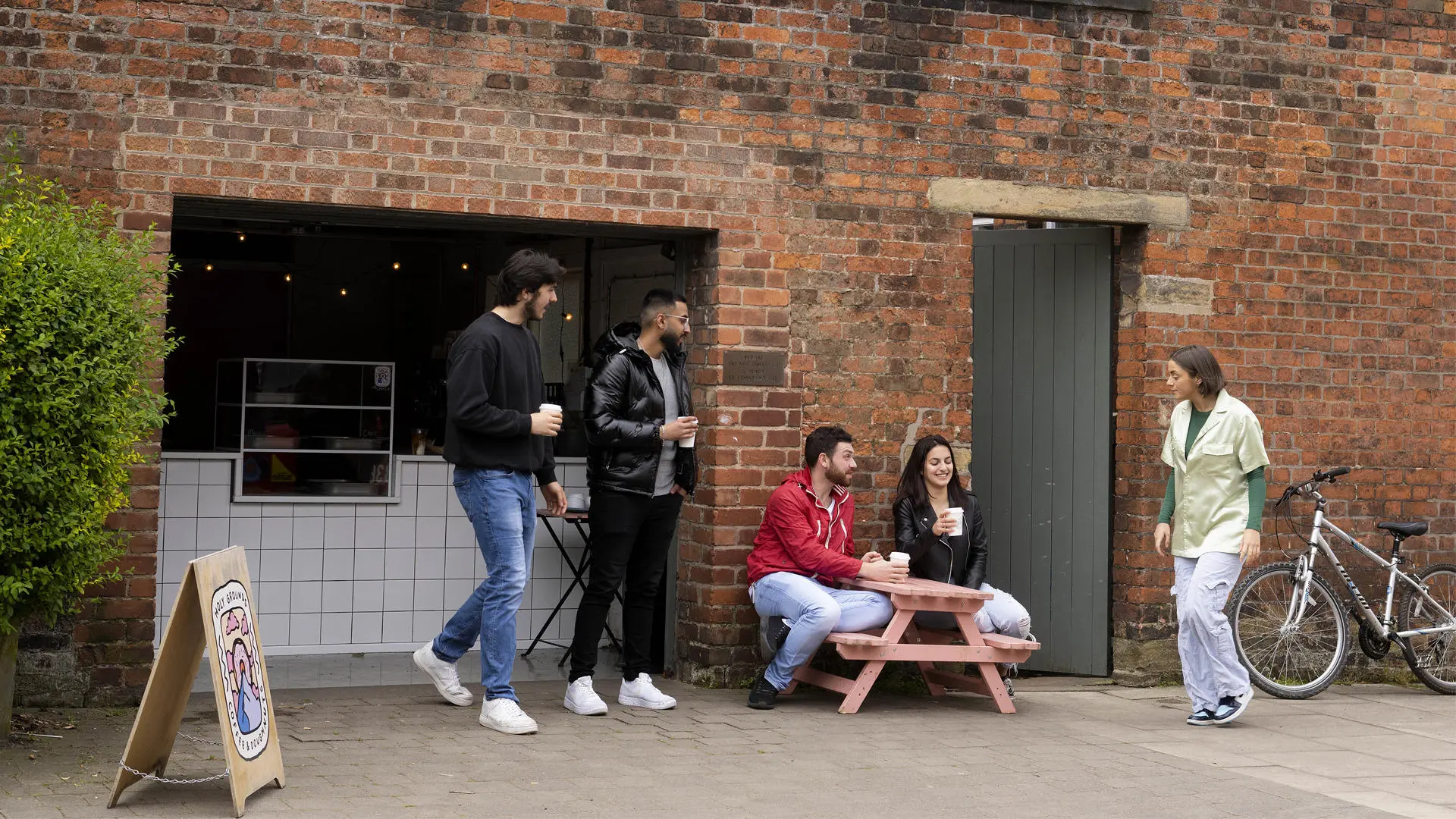Levy, Computer Science
The university experience is one like no other. You'll have an opportunity to learn and live in a dynamic environment with people from all over the world, it is truly one of a kind. If you're excited to join or continue university, one aspect that can get overlooked is financial budgeting. Your personal finance is a very important part of your experience and personal growth whilst at university. I hope that I am able to provide you with some helpful hints and tips on how to do this.
Set a monthly budget
A monthly budget allows you to set boundaries on how much you can spend on a particular item or activity. Without this control, you can easily overspend where you might not be able to afford it. It also allows you to prioritise your money, allocating it from your most to least important spending. Additionally, setting a monthly budget and tracking your spending allows you to see any areas where you can improve on.
Prioritise your spending
Once you know what your monthly income will be, you should prioritise the most important payments first. Such as, essential living costs; rent, utility bills, food, toiletries and general household items. You can also include any monthly subscriptions, such as Netflix or Spotify. I usually set up a weekly allowance of around £30 for food (so around £120 a month), and a monthly allowance of £20 for toiletries.
When you've prioritised your essential costs, my advice would be to allocate some of your budget to savings. This amount will depend on how much you can afford. If you can put this money into another account, or even as an investment, this will make the saved money less accessible. It's easy to get tempted to use your savings when you see something nice.
Finally, once you have put aside your essential budget and your savings, you can look at what you have left for personal spending. For some this will be for eating and drinking out, travelling or fun activities with friends, or it could be buying clothes, gadgets and video games, or all mentioned. At least you can rest assured that your essential costs are already covered so what remains is yours to spend if you want to!
Set saving goals
To avoid overspending and using all your monthly budget, it’s a good idea to set some financial goals. Whether that’s a trip, item, activity, investment or saving for a rainy day. Create a wish list for any expensive items that you want to buy and prioritise it so you can see what you are saving up for. This is a much smarter way to purchase them and will make you feel that you have achieved something when you do.
My personal tip is to try not to use all your personal spending money during the month. Try to have a little left at the end of the month as this money can carry forward to the next month or you can put it into your savings. I try to keep some money aside each month to use in the future if needed. You never know when an emergency may arise that you need that money for, or if you have more to spend one month for celebrations with friends. There have been times where my leftover personal expenses money was able to pay my bills for the next month! When it comes to money, I believe it's best to think smart and for the future; the goal is always to move upwards.
Another thing I would recommend is to track and review your outgoings through online banking apps. However, if all else fails even a pen and paper will do - anything to keep track of your spending!

